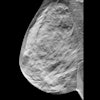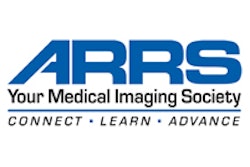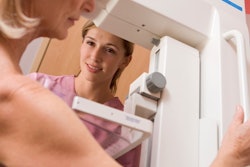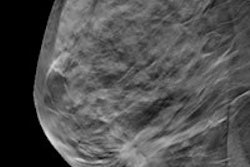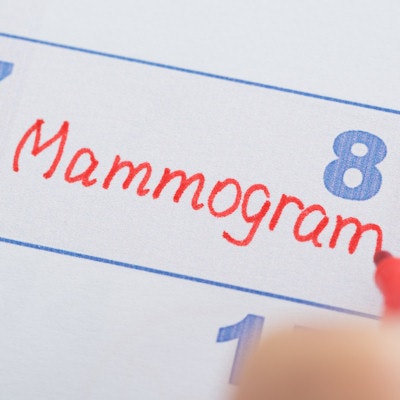
Recall rates for screening mammography decrease when radiologists compare current exams with more than one prior study, according to new research published in the American Journal of Roentgenology.
Researchers from the University of California, San Francisco (UCSF) analyzed 46,288 consecutive screening mammograms performed there. The team divided the exams into three groups: those interpreted without comparison with prior mammograms, those interpreted in comparison with one prior exam, and those interpreted in comparison with two or more prior exams (AJR, October 2016, Vol. 207:4, pp. 918-924).
Study co-author Dr. Kimberly Ray and colleagues found that the more priors available for comparison, the more recall rates decreased. Recall rates declined as follows:
- 16.6% for mammograms interpreted without comparison to priors
- 7.8% for mammograms compared with one prior
- 6.3% for mammograms compared with two or more priors
"Our findings suggest that radiologists who make comparisons with more than one prior examination at screening mammography will have more true-positive outcomes and fewer false-positive outcomes," Ray said in a statement released by the American Roentgen Ray Society (ARRS).

